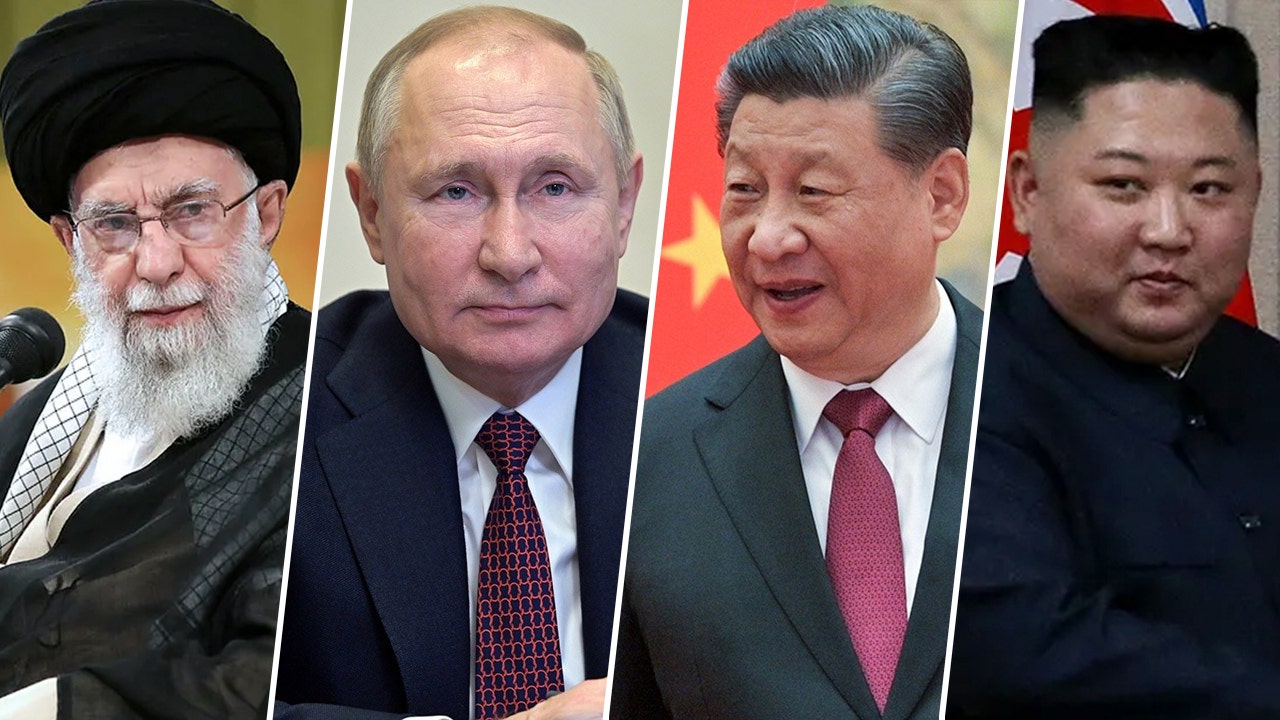U.N. member countries on Friday concluded a new treaty to help ensure that traditional knowledge about genetic resources, like medicines derived from exotic plants in the Andes mountains, is properly traced.
It marks the first time the 193 member states of the U.N.’s World Intellectual Property Organization have reached agreement on patent protections about historic knowledge from indigenous cultures, which have long been exploited by colonists, traders and others.
The treaty doesn’t address compensation to indigenous communities for their historic expertise about products drawn from things like from tropical plants.
But the accord is seen as an important first step. It requires patent applicants, like foreign entrepreneurs or international companies, to specify where they got ideas about what goes into their products, especially inputs drawn from the knowledge of indigenous or local peoples.
Andean farmers take part in a ceremony honoring Mother Earth and Father Snowy Mountain, in Pitumarca, Peru, on April 4, 2018. U.N. member countries on Friday concluded a new treaty to help ensure that traditional knowledge about genetic resources, like medicines derived from exotic plants in the Andes mountains, is properly traced. (AP Photo/Martin Mejia, File)
Daren Tang, the organization’s director-general, said the agreement showed that “multilateralism is alive and well at WIPO.”
“Today we made history in many ways,” he said. “Through this, we are showing that the IP system can continue to incentivize innovation while evolving in a more inclusive way, responding to the needs of all countries and their communities.”
The WIPO Intellectual Property, Genetic Resources and Associated Traditional Knowledge treaty, reached by consensus after more than two decades in the making, will take effect as international law after 15 countries adopt it.
The agreement centers on genetic resources like medicinal plants, crops from farms and some animal breeds. It will not be retroactive, meaning that it’s only applicable to future discoveries, not past ones.
WIPO’s rules don’t allow for intellectual property protection of natural or genetic resources themselves but do help to safeguard inventions — by people — that put those resources to work for humankind, whether historically or recently.
The deal will, for example, require companies in industries like fashion, luxury goods and pharmaceuticals to specify the origin of the plant-based chemicals in medicines or plants in skin creams that they use for their products, if drawn from local knowledge.




